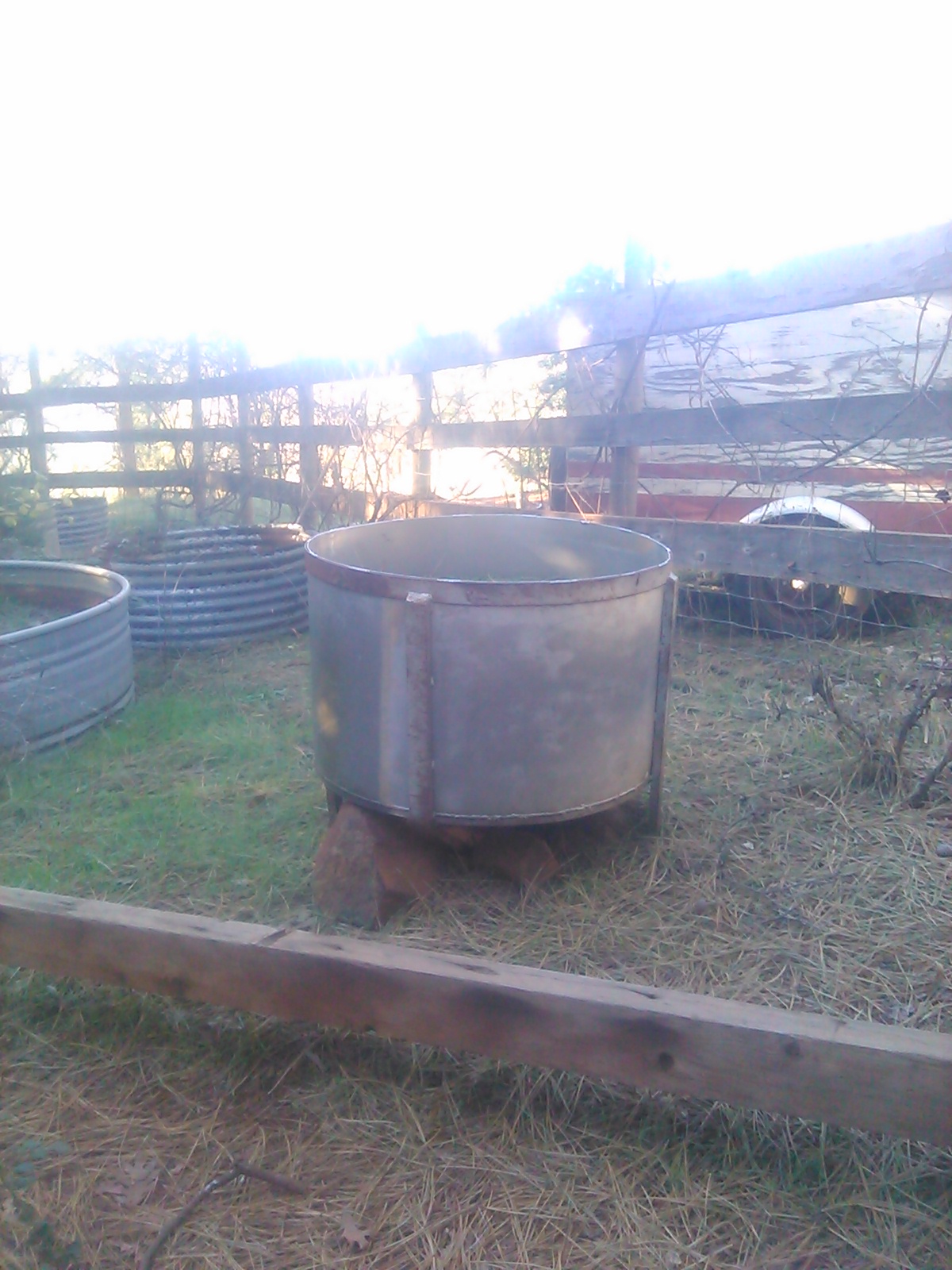I have a small budget for brewing. I have a large metal pot that looks like it was used for brewing at one time. Id say its probably 100 gallons or more. I will take a picture of that tomorrow morning.
Anyways. I've always been interested in brewing beer...and the internet is so damn confusing.
I just want to brew a really good Amber. My favorite is Full Sail Amber Ale. I'd like to create something like that.
What materials do I need to create a magnificent keg (55gal?) of Amber ale? Also, where can I get these materials?
I'm basically asking for the materials needed for the brewing part. Also, any recipes for an amber would be greatly appreciated!
Lets hear someones ideal Keg sized setups! I want to have a batch done in a week! I will post pics of the setup as well!
Please help!
Anyways. I've always been interested in brewing beer...and the internet is so damn confusing.
I just want to brew a really good Amber. My favorite is Full Sail Amber Ale. I'd like to create something like that.
What materials do I need to create a magnificent keg (55gal?) of Amber ale? Also, where can I get these materials?
I'm basically asking for the materials needed for the brewing part. Also, any recipes for an amber would be greatly appreciated!
Lets hear someones ideal Keg sized setups! I want to have a batch done in a week! I will post pics of the setup as well!
Please help!



























![Craft A Brew - Safale S-04 Dry Yeast - Fermentis - English Ale Dry Yeast - For English and American Ales and Hard Apple Ciders - Ingredients for Home Brewing - Beer Making Supplies - [1 Pack]](https://m.media-amazon.com/images/I/41fVGNh6JfL._SL500_.jpg)
































